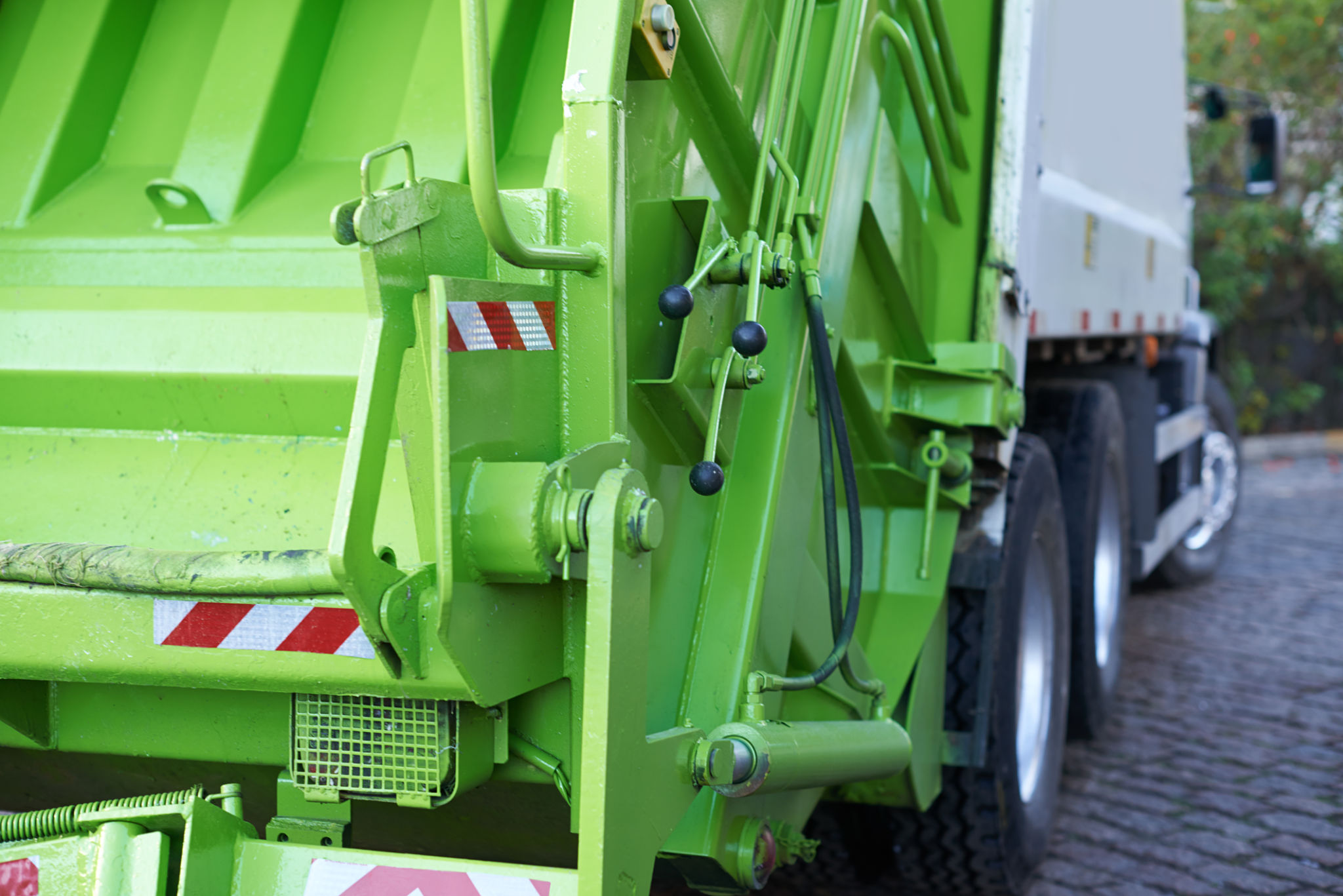Case Study: Successful Waste Management Strategies in Wandsworth
Introduction to Waste Management in Wandsworth
Wandsworth, a vibrant borough in southwest London, has developed a reputation for its innovative waste management strategies. These strategies have not only improved environmental sustainability but also enhanced the quality of life for its residents. This case study explores the key elements that have contributed to the success of Wandsworth's waste management initiatives.
Community Engagement and Education
One of the cornerstone strategies employed by Wandsworth is active community engagement and education. The local government has implemented various programs aimed at raising awareness about the importance of recycling and waste reduction. By organizing workshops, distributing educational materials, and engaging with schools, Wandsworth has successfully fostered a culture of environmental responsibility among its residents.

Efficient Waste Collection Systems
Wandsworth's waste collection system is a testament to efficiency and innovation. The borough employs a multi-stream recycling system that encourages residents to separate their waste into distinct categories such as paper, plastics, and organic waste. This approach not only streamlines the recycling process but also maximizes resource recovery, reducing the overall environmental footprint.
The introduction of technologically advanced collection vehicles has further enhanced efficiency. These vehicles are equipped with GPS tracking and automated systems, which optimize collection routes and minimize fuel consumption. As a result, Wandsworth has significantly reduced its carbon emissions from waste collection activities.

Partnerships with Local Businesses
Another critical factor in Wandsworth's waste management success is its collaboration with local businesses. The council has established partnerships with numerous businesses to promote sustainable practices. These partnerships often involve waste audits, which help businesses identify areas for improvement in their waste management processes.
Through incentives and support, Wandsworth encourages businesses to adopt circular economy principles, reducing waste generation at the source. This proactive approach not only benefits the environment but also supports local businesses in achieving their sustainability goals.

Innovative Waste-to-Energy Initiatives
Wandsworth's commitment to reducing landfill dependency is evident in its investment in waste-to-energy initiatives. The borough has developed cutting-edge facilities that convert non-recyclable waste into energy, providing a sustainable alternative to traditional disposal methods. This not only reduces landfill use but also contributes to the borough's energy supply, showcasing a perfect blend of environmental and economic benefits.
These facilities employ state-of-the-art technology to ensure emissions are kept to a minimum, aligning with broader environmental standards and regulations. As a result, Wandsworth has set a benchmark for other regions aiming to implement similar waste-to-energy solutions.
Conclusion
The waste management strategies employed by Wandsworth serve as an exemplary model for other communities worldwide. Through community engagement, efficient collection systems, business partnerships, and innovative technological solutions like waste-to-energy initiatives, Wandsworth has effectively addressed the challenges associated with urban waste management. As global concerns about environmental sustainability continue to rise, Wandsworth's approach offers valuable insights for creating cleaner and more sustainable cities.